
You have to give Donald Trump this: He has good taste in music to close out with. It’s hard to beat the Rolling Stones’ “You Can’t Always Get What You Want,” with which he ends his rallies. (Against the wishes of the Stones, it should be noted.) And singer Christopher Macchio’s renditions of Puccini’s “Nessun Dorma,” Leonard Cohen’s “Hallelujah,” and the traditional “Ave Maria” (delivered from the Truman Balcony at the White House) were certainly powerful codas to the President’s climactic address at the Republican National Convention Thursday night, outdoing even an extended round of fireworks that filled the sky over the nation’s Capital.
That the White House, historically known as “the People’s House,” was able to be employed as a backdrop to the events and festivities of the four-day RNC affair was a consequence, in a way, of the deadly coronavirus pandemic that had made planned arena extravaganzas in Charlotte, North Carolina, and, later, Jacksonville, Florida, impossible. Invoking the protocols of the Hatch Act, Democrats had complained about their rivals’ appropriation of national structures and symbology for such partisan purposes, but, as in so much else, Trump just does what he wants and gets away with it.
Give him this, too: Though the pandemic had caused the RNC to uproot and move its venue, twice, Trump remained intent on flaunting his so far successful penchant for gambling. He wanted crowds? He got crowds — upwards of 1,500, packed in tight on the south lawn of the White House to hear him speak. Masks? We don’t need no stinking masks! No social distancing, either. It was Tulsa writ smaller but grander, and, if the late GOP African-American eminence Herman Cain had been a casualty of that earlier wager, Trump’s own luck, and that of his family and entourage, seemed to be holding.
Masks? We don’t need no stinking masks!
Once again, the president had hurled a defy to the fates. No one — or no one so prominent — has so obviously and so consistently moved unprotected amid tight groups of people during the six months so far of medical emergency. And in his RNC address, he sort of laid it on the line to the country: “Joe wants to shut down, to surrender to the virus,” he declared of Democratic nominee Biden, who had spoken of intensified health-safety actions, including a national mask mandate. Trump’s own preference? “The states have to be opened up — back to work, back to school.” All Americans are involved in Trump’s parley — and its consequences.
“Let’s Pretend”
If the situation required a bit of rhetorical let’s-pretend, so be it. Speaker after speaker at the convention either ignored the pandemic or treated Trump like a triumphant Horatio at the gate. Early on, he had clearly minimized the threat and procrastinated in dealing with the virus, which has so far resulted in 6 million cases and 180,000 American lives, a full quarter of the world’s total. But this week in others’ telling, and in his own, he would seem — by the simple act of incomplete and temporary halts on traffic to and from China and Europe —to have stopped Covid-19 cold. On the convention’s second night, Trump’s economic adviser, Larry Kudlow, put the whole pandemic thing in the past tense. It’s over, folks.
In a convention only selectively attentive to realities, that was par for the course. On the convention’s first night, Andrew Pollack, whose daughter, sadly, had been among those slain in 2018 by a gunman at Stoneman Douglas High School in Parkland, Florida, took the stage to praise President Trump, whom he’d met with after the shooting, as a “great man and good listener” and blamed the massacre on the emphasis on “restorative justice” by “far left Democrats.” Guns themselves and their ready prevalence in the land remained unmentioned.
Two nights later, logger Scott Dane contended that “crazy environmentalists” had somehow been responsible for the sporadically raging forest fires on the west coast and praised President Trump for his idea (so far unelaborated on) of “managing the forests.” Throughout the convention, in fact, “environmental extremists” were the villains of disparaging testimonies, right up there with “radical socialists” and “looters.” Those latter two categories were conflated, to the extent possible.

The McCloskeys
The McCloskeys, a couple from the St. Louis area who had brandished weapons at protesters of George Floyd’s murder, warned that the suburbs themselves were under direct attack. And ongoing events in Kenosha served, in both spoken and unspoken ways, to reinforce the sense of peril for Trump’s base. Never mind that the only deaths in that Wisconsin city had been those of Jacob Blake, an unarmed black man shot by police, and two protesters gunned down by a right-wing vigilante.
In all fairness, though, there had been martyrs of out-of-control mobs, and several of these were spoken to — notably, retired St. Louis police captain David Dorn, shot and killed by looters of a pawn shop he was trying to provide security for during a post-Floyd disturbance. There was a telling bit of having-it-both-ways during the emotionally moving description of the tragedy by Dorn’s widow, a white woman. The portrait of the late captain on a mantel behind her, was out-of-focus in such a way as to make his fact of his race indeterminate. Black viewers could see — and grieve for — one of their own, while those whites who chose to do so could remain uncertain about the matter.
In any case, for the RNC-ers, Kenosha was the ill wind from which some benefit could be derived. The concept of the Democratic nominee as “Sleepy Joe” had seemingly been mined for all it’s worth — and, on the evidence of Biden’s performance at the DNC convention, debunked. Now Biden was being described, by Trump and the president’s surrogates, as a “Trojan Horse,” a hapless government time-server for 47 years (a span alluded to over and over) who was now in the clutches of sinister elements to the point that an early RNC speaker had professed to be “terrified of Joe Biden coming after everything we’re building.”
Pam Bondi, former Florida attorney general, made bold to reprise the discredited slander of “Biden family members” as Ukrainian grifters, but mainly focused on the Bidens in China, a country so repeatedly referred to in the RNC convention as a super-specter, the gravest menace to America. (Russia went unmentioned and, on the evidence of this convention, might have ceased to exist on maps of the planet.)
Ironies Abounding
It was a convention in which extremes, exaggerations, and ironies abounded — one in which Tennessee’s high-intensity junior Senator, Marsha Blackburn, mustering every word slowly and carefully, came off as a relative moderate, although she still could breathe some fire: “Democrats] close our churches, but keep the liquor stores and abortion clinics open. They say we can’t gather in community groups, but encourage protests, riots, and looting in the streets. If the Democrats had their way, they would keep you locked in your house until you become dependent on the government for everything.”
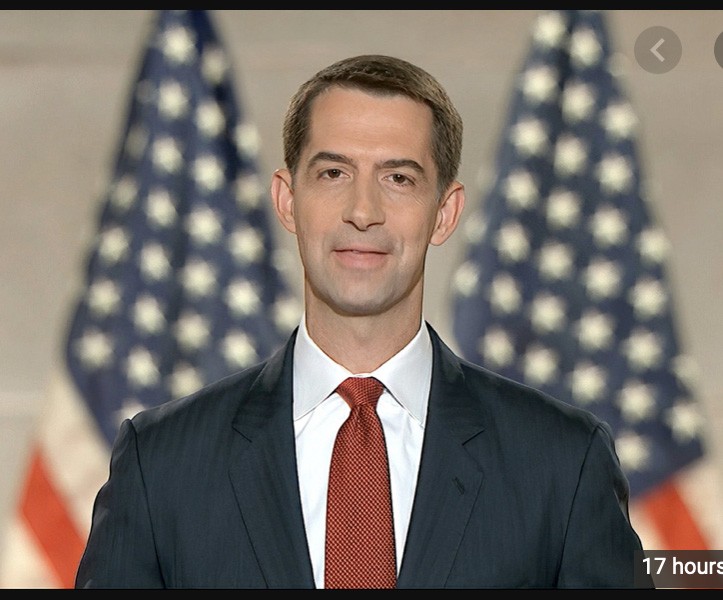
Senator Tom Cotton
Question: How is it possible that Kimberly Guilfoyle, now Donald Trump Jr.’s girlfriend, who had, in a memorably screechy address, proclaimed of Trump Sr., “He liberates you. He lifts you up,” could have earlier been married to the laid-back Gavin Newsom, California’s currently serving Democratic governor?
The gaunt and ultra-grim-looking Senator Tom Cotton of Arkansas, meanwhile accused Biden of “coddling communist dictators” and failed to mention the exchange of love letters, as they were characterized by the President himself, between Trump and Kim Jung Un of North Korea.
In his 70-minute finale of a teleprompter address, Trump would recap all of the calumnies directed at Biden, declaring outright that, if the Democrat were elected, “China would own our country.” He characterizes himself as “the People’s President,” and the claim reflects a reelection strategy based less on foreign issues than on day-to-day concerns in the population. In that sense, the threat from China is presented as primarily economic (though, just in case, Trump credits himself with rebuilding the nation’s military).
Democrats note correctly that the nation’s economic recovery from the 2007-8 crash began under the “Obama-Biden” presidency (as Republicans now choose to characterize it), but Trump’s argument that his administration accounted for the most robust economy in American history still has legs. The President notes the addition of “9 million new jobs” in the last three months, while Democrats counter with the fact that some 21 million were lost just previously, in the coronavirus shutdown.
The president’s taking point remains, and the outcome of the election depends at least partly on the continuing viability of it vis-a-vis the ever-looming threat of the virus. In the either/or of things, the two tickets are each emphasizing a different side of the dichotomy.
“Family Values”
Then there are domestic factors — matters of tranquility, racial fairness, gender equity among them — to be reckoned with. It was no accident that the Republican convention featured an unusual number of women and African Americans to serve as proponents of the president. As identity groups, blacks and women are being counted on by Democrats, with some degree of confidence, as anchors of the Biden-Harris ticket. Trump and the GOP nevertheless are seeking such inroads there as are possible.
Though the LGBTQ community is overwhemingly Democratic, there are clearly a certain number of its members who opt for the GOP, and Republicans are not so foolish as to entertain the strategy of gay-bashing.The one issue on which there is no likelihood whatsoever of the twain’s meeting amicably on the battlefield of this election is abortion. There would seem to be no middle ground between being anti-abortion and being pro-choice. The Democratic platform opts for the latter and the Republican platform, such as it is, for the former.
For all the vau
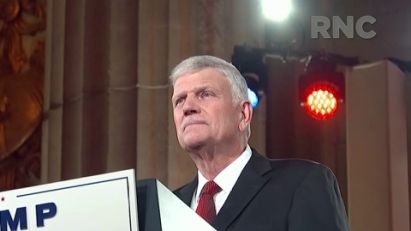
The Rev. Franklin Graham
nting during the convention of his family members (all of whom appear to have been on hand, save those who have denounced him publicly), Donald Trump is not, and will never be, a symbol of “family values.” Nevertheless, his brand encapsulates issues of that sort as well as spokespersons for them (cases in point being the Rev. Franklin Graham and various smaller fry), and social conservatism is one of the cards Republicans are certain to play.
The exact power of that constituency is hard to estimate, though, as a voting bloc, it is arguably more dependable than are those forces galvanized so strongly right now by Black Lives Matter and other movements to redress historic wrongs. Assessments of strength and staying power in such matters are notoriously difficult to assess in polls.
Que sera sera, and, as a friend of ours is so fond of saying, events are in the saddle. Covid-19, George Floyd, and Kenosha have all reminded us of that. In any event, the Democrats and the Republicans have each had their show now, and, a little more than two months from now, (Postmaster General DeJoy willing) the Nielsen ratings will come in — with dramatic consequences, either way.
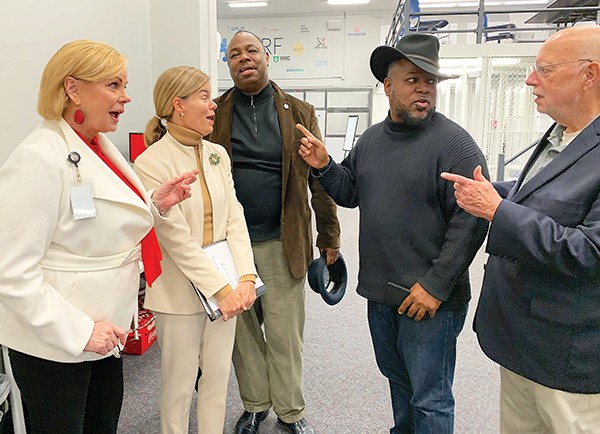
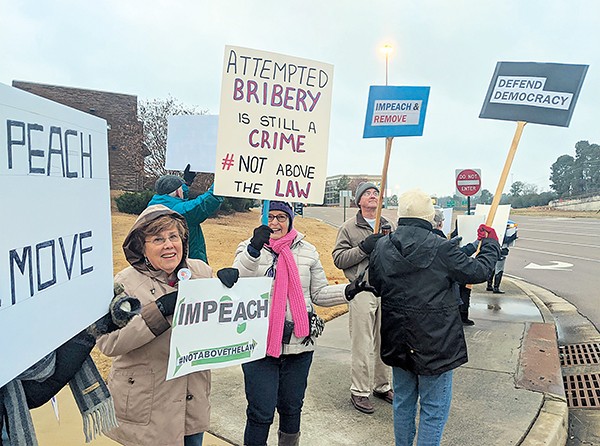
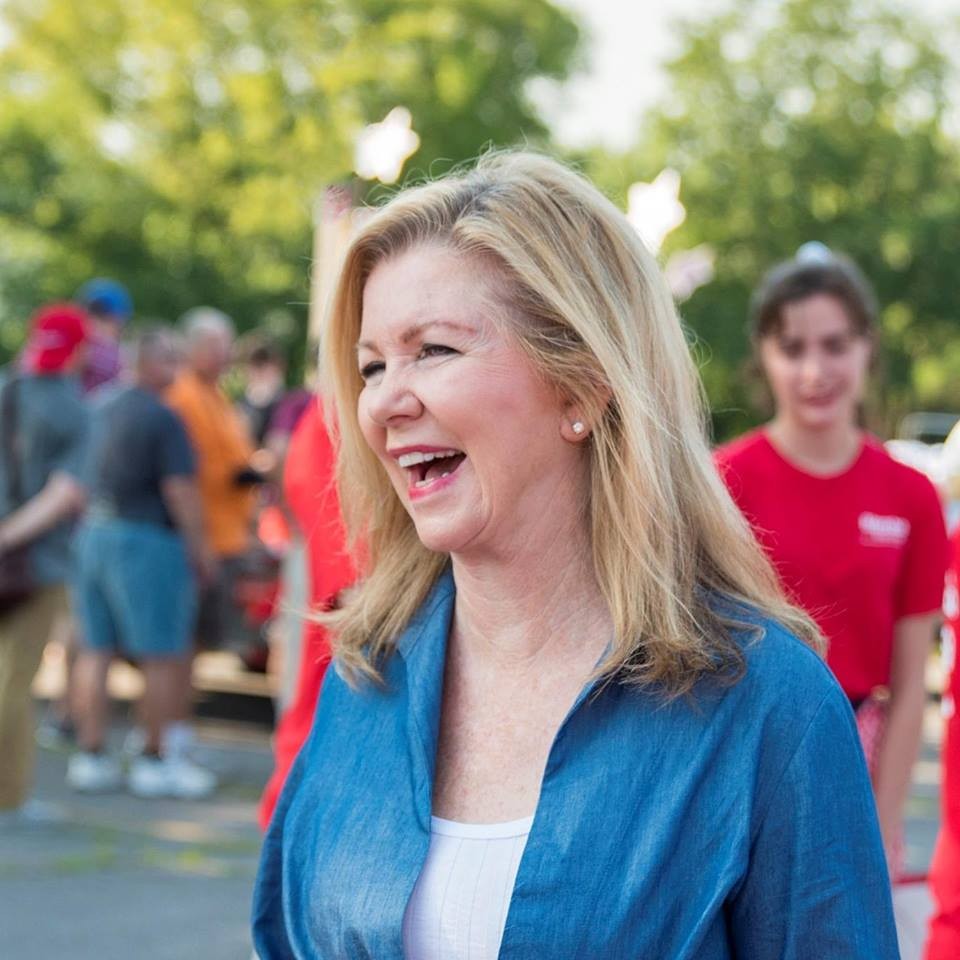 U.S. Senator Marsha Blackburn/Facebook
U.S. Senator Marsha Blackburn/Facebook  Tennessee Equality Project
Tennessee Equality Project 

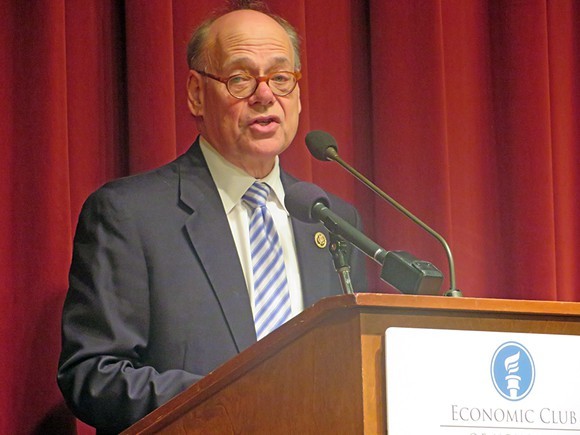
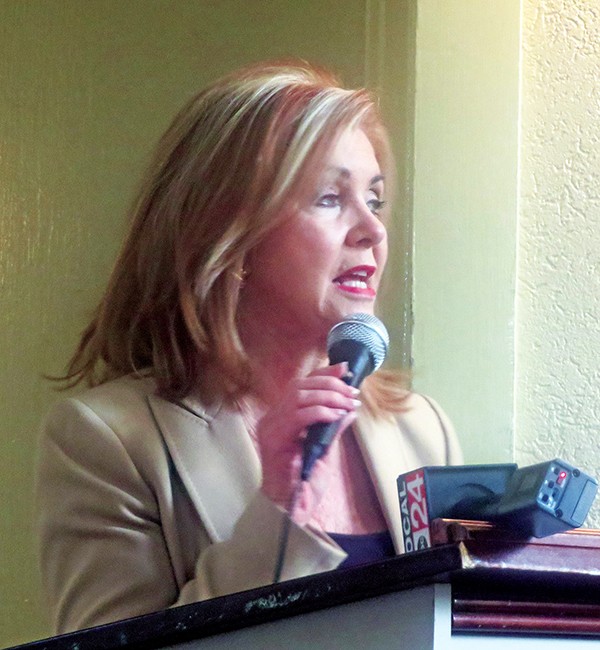 Jackson Baker
Jackson Baker  Laura Jean Hocking
Laura Jean Hocking 
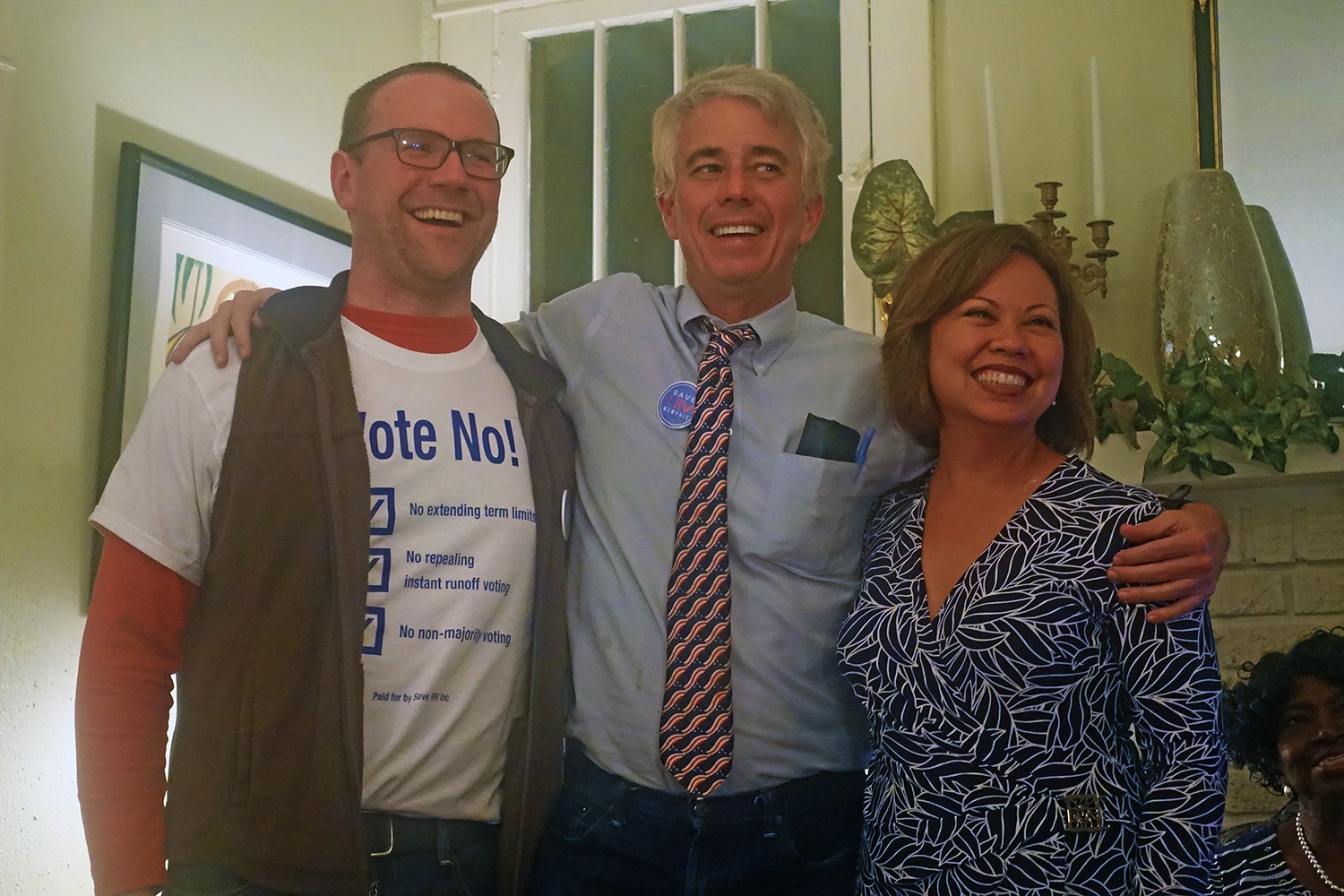 JB
JB 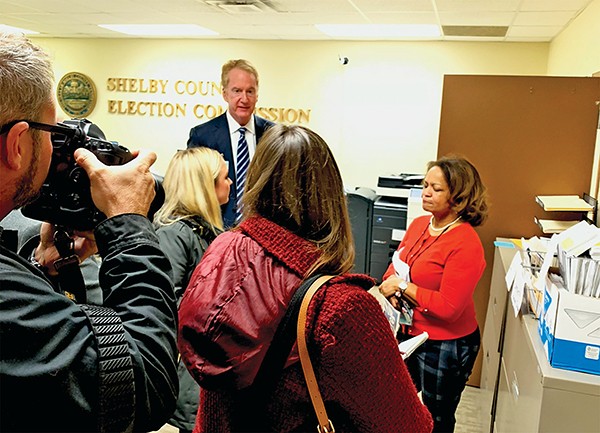 Jackson Baker
Jackson Baker 
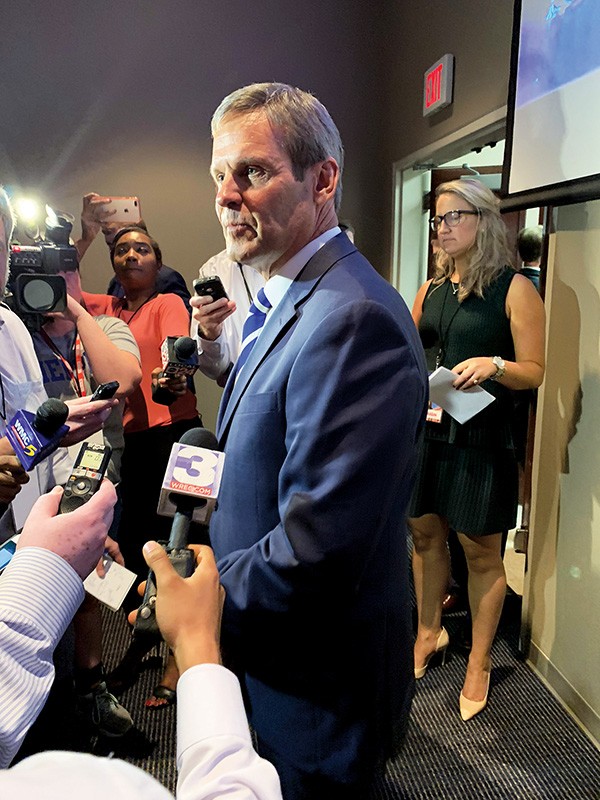 Jackson Baker
Jackson Baker 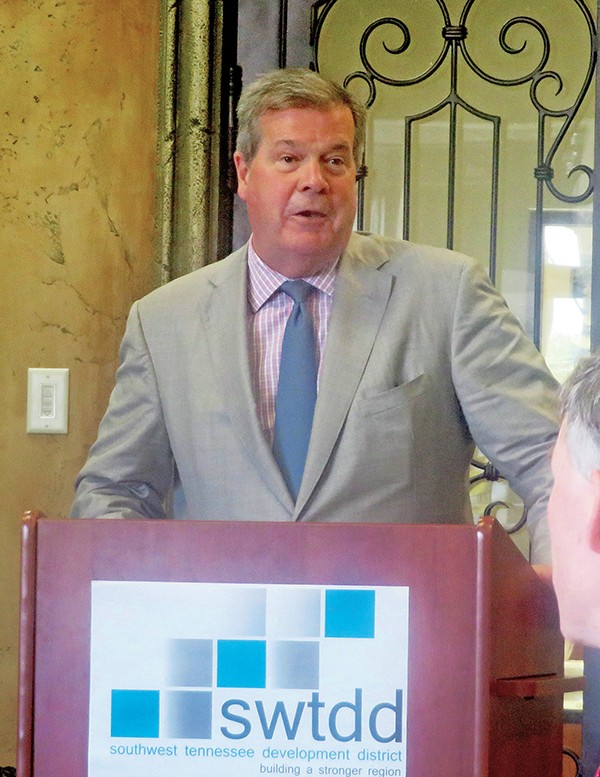
 Jackson Baker
Jackson Baker 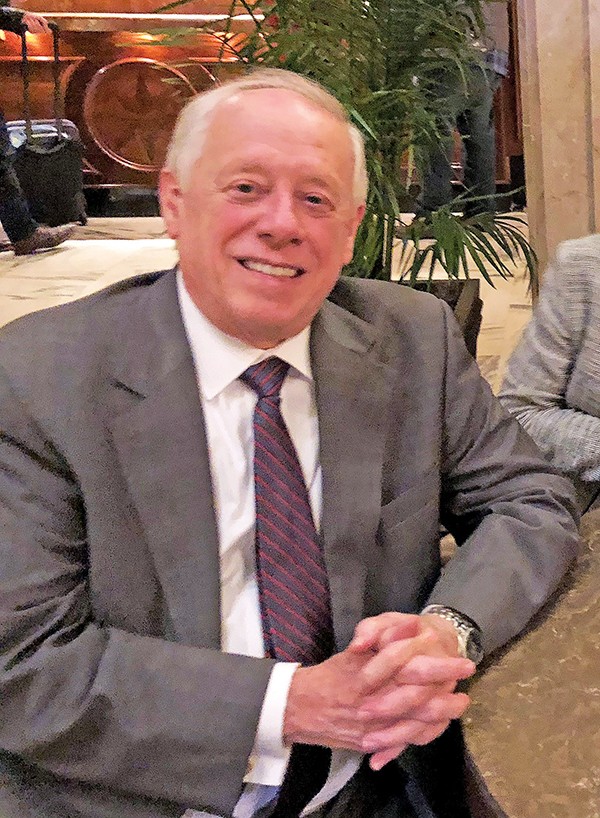 Jackson Baker
Jackson Baker  Jackson Baker
Jackson Baker